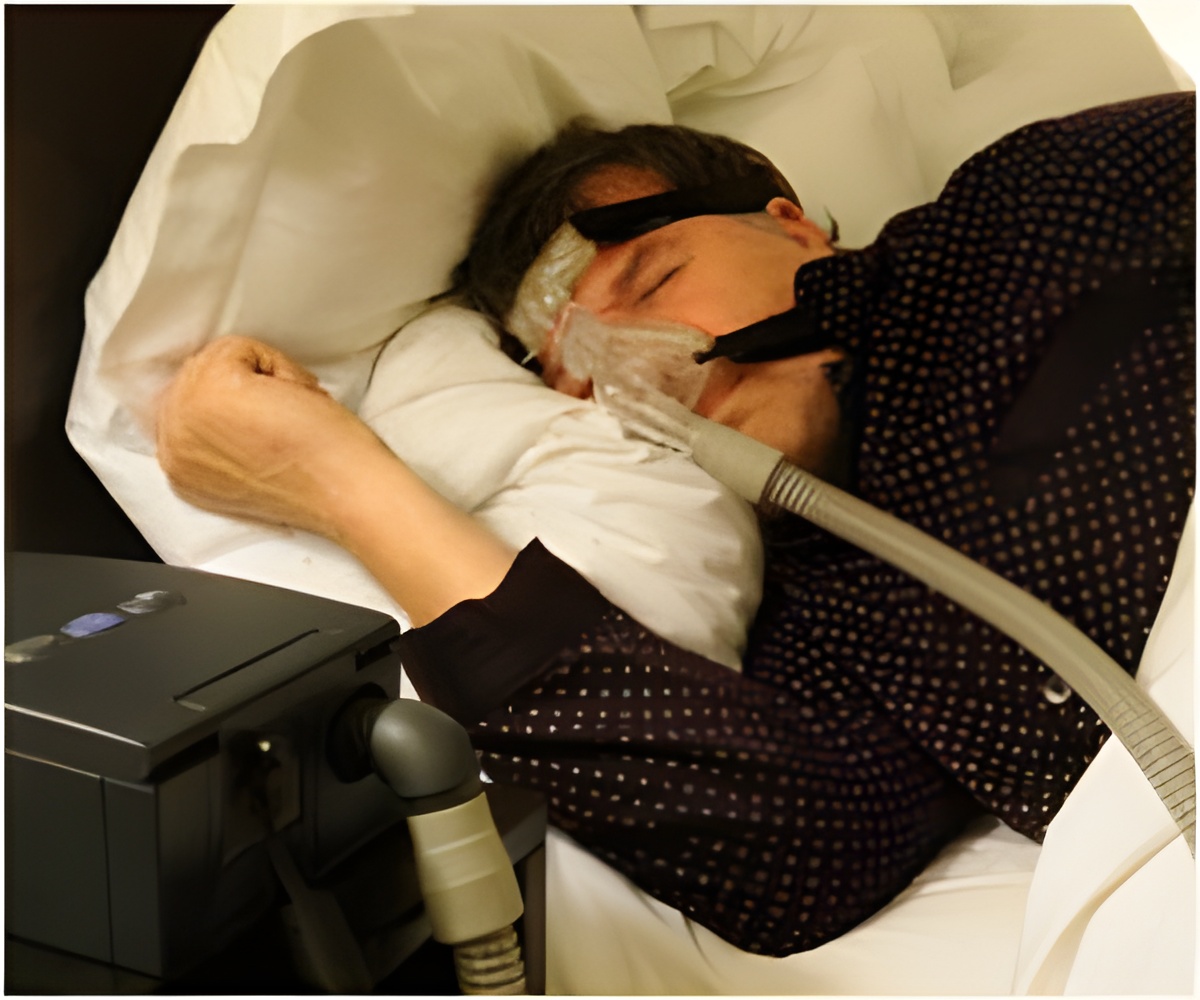More lives could be saved in intensive care units (ICU) if new antibiotic guidelines designed by the University of Queensland are adopted.

‘There's significant variation around the world on how to treat serious infections, and sometimes it's a bit of a guessing game,’





The findings, published in the journal Intensive Care Medicine, showed that these guidelines could speed up recovery times or even save a critically ill patient from dying. "There’s significant variation around the world on how to treat serious infections, and sometimes it’s a bit of a guessing game," said study researcher Jason Roberts from the University of Queensland in Australia.
According to the researchers, all patients in ICU are currently treated with similar antibiotics and doses, but the lack of personalisation can make a patient sicker and may even cause death.
"Overuse or underuse of antibiotics can enable resistance of bacteria in the patient which limits the drug’s effectiveness," Roberts said.
The research team analysed data from 400 ICU patients and found one-third experienced adverse outcomes because their antibiotic therapy wasn’t optimised to their needs.
Advertisement
The innovative guidelines were developed by 16 antibiotic experts from 11 different countries and recommended the use of advanced software to predict accurate drug dosages and generate personalised treatment regimens.
Advertisement
According to the study, ICU patients requiring antibiotics commonly suffer vital organ failure from sepsis, pneumonia or infections from burns.
The researchers have said that monitoring equipment and training needed to be rolled-out before routine therapeutic drug monitoring can be adopted as the worldwide standard-of-care.
Source-IANS















